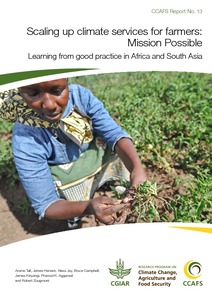Notes de réflexion sur l’état des textes et les besoins de réforme pour la gestion du foncier irrigué au Niger
Le début de la mise en oeuvre du Programme Kandadji a fourni l'occasion de mener d’importants travaux et réflexions autour des textes sur le foncier irrigué au Niger, lesquels ont donné lieu à des recommandations fortes pour améliorer le cadre juridique de la gestion du foncier public, en particulier le foncier irrigué.




